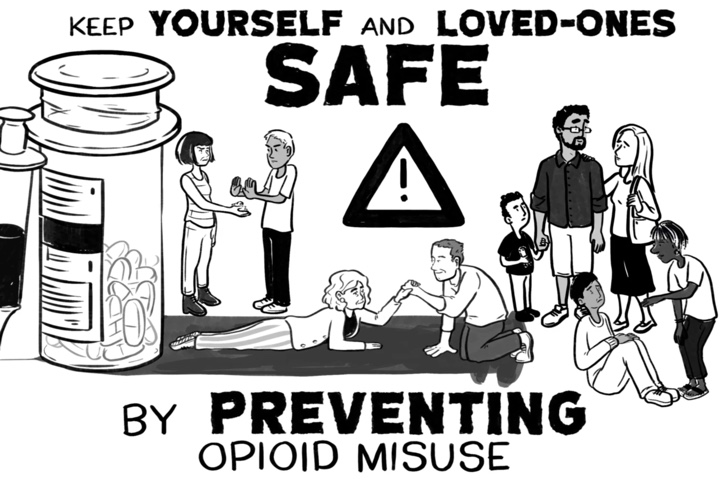
Anthem Addresses National Opioid Epidemic
The nation's opioid crisis continued to escalate in 2017, with data revealing that there were 17 percent more deaths from drug overdoses between May 2016 and May 2017, compared to the previous year. It is one of the biggest health crises facing our country, killing more Americans under age 50 than any other cause. As one of the nation's largest healthcare companies, Anthem is in a unique position to help treat those addicted to opioids and stop new generations from misusing these medications.
"We have a scary new epidemic and it is devastating our communities," says Craig Samitt, MD, Anthem's Executive Vice President and President, Diversified Business Group. "At Anthem, we're seeking to play a leadership role and make a difference in impacting the outcomes of care for those affected."
Anthem has taken a comprehensive approach to addressing the many facets of the opioid crisis. Given the complexity of this epidemic, our strategy is similarly multifaceted: We focus on prevention, treatment and recovery, and deterrence.
We reduced prescribed opioids filled at pharmacies by
30%
over the past five years, two years ahead of our goal
The first part of Anthem's strategy, focused on prevention, was to set what seemed like an ambitious goal. We targeted a 30 percent reduction by 2019 for prescribed opioids filled at pharmacies. When we reached that goal two years ahead of schedule, at the end of 2017, we moved the goalposts, setting a new 35 percent reduction target by 2019.
The company's affiliated individual, employer-sponsored and Medicaid health plans were among the first in the nation to limit coverage for first-time prescription fills of short-acting opioid medications to seven days for all consumers we cover. This change has meant significantly fewer pills are ending up unused in consumers' medicine cabinets, where they could be potentially abused or sold on the black market. Anthem also operates a Pharmacy Home program for a number of our consumers, which makes it easier to monitor if a patient has received multiple prescriptions for opioids and other controlled substances. These programs have reduced hospital and emergency room admissions and increased the number of individuals in substance use treatment.
"Providing access to opioid use disorder treatment and recovery is just as important as prevention," adds Dr. Samitt. "Currently, only a small percentage of members who suffer from opioid use disorder receive behavioral health treatments, so Anthem set another ambitious target: to double the number of Anthem consumers who receive behavioral health services along with what is called Medication-Assisted Treatment for opioid addiction by the end of 2019. And we are deploying a variety of innovative programs to meet this need and address the mental and behavioral components of addiction through innovative partnerships and uniquely-tailored addiction treatment such as interventions available to individuals in the convenience of their own homes."
The final part of Anthem's strategy, focused on deterrence, uses innovative data mining and analytic capabilities to uncover potential system abuses by providers and consumers, aiming to avoid potential addiction before it begins.

